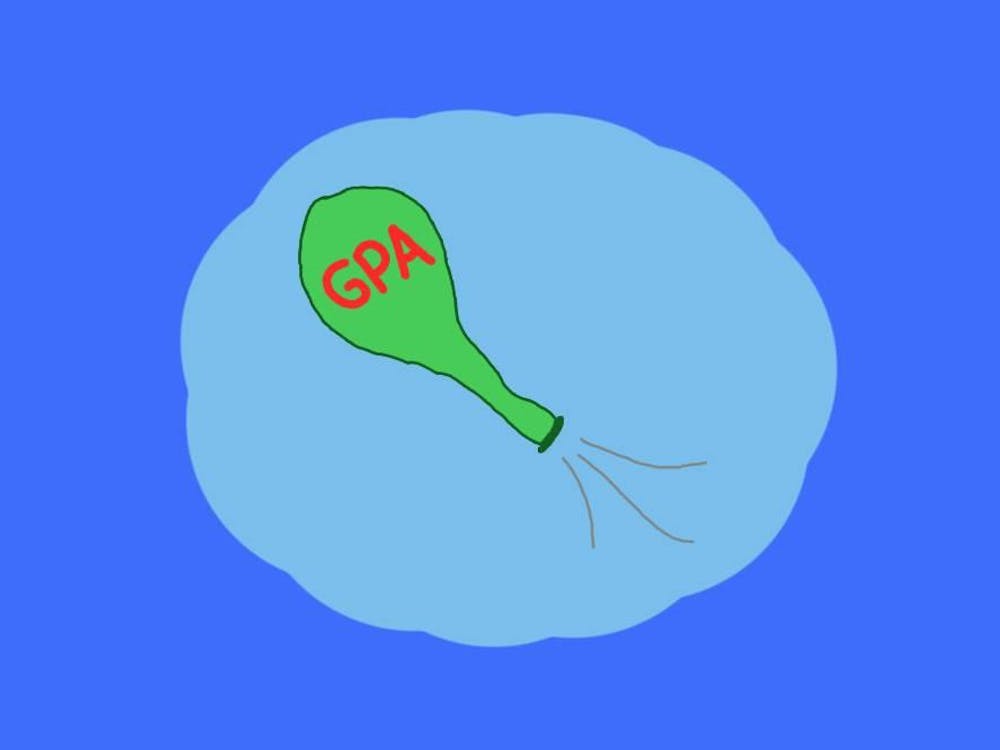UNTIL a few days ago, many believed that we were a house dividing against itself. Some wondered if a house so divided could stand. One member of the Board of Visitors said race-based preferences were not legal, claimed that they led to the admission of unqualified students, and derided the NAACP's motives as he dismissed its demand for an apology. The NAACP (led nationally and locally, ironically, by University faculty and alumni) called on the governor to dismiss the Board member. Then, literally overnight, what seemed to be an impending crisis dissipated, murkiness gave way to clarity, and we were able to see evidence of unity and agreement where before we brooded over division and discord.
We awoke Thursday morning to read President John T. Casteen III's letter in this newspaper. It affirmed these things:
* "history and morality" are on the side of our race-sensitive admissions policy;
* our policy "operates within the rule of law;"
* we do not decide "admissions cases solely on the basis of race or any other single factor;"
* our policy has worked well for many years and is intimately related to our excellence;
* no "evidence supports the notion that any defined group of our students is unqualified to be here;"
* "sustaining diversity" is a goal of the Board of Visitors.
"The controversy," Casteen writes, "is not about this goal. It is about how to achieve the goal in a manner concordant with the law."
Thursday night Board Rector John P. Ackerly III spoke to an overflow audience in Jefferson Hall. The University, he said, is "committed to maintaining diversity" and, equally importantly, our admissions policy is "legal and defensible in court." He "expressed support" for Casteen's statement, but also cautioned that the Board itself has yet to take any official action on our admissions policies and mentioned his own concern over the expense of a possible lawsuit.
This threatened lawsuit -- imminent? probable? unlikely? (we really do not know which) -- now moves to the center of our discussions. Some advise folding our tent if we are sued, citing the cost of litigation and doubts about prevailing. Many others believe this fatalistic approach would be disastrous for the University. It would be a signal to the nation -- the nation in which we wish to be recognized as a leading "national" university -- that we are not willing to stand up even for the principles of equity and excellence that now guide us.
Were we to take this course, our task of recruiting a diverse student body would be made immeasurably more difficult. One would not wish to be an admissions dean trying to persuade black and other minority students to come to us. Our reputation among them -- and not only them, but among alumni, benefactors and potential students of all backgrounds -- would be tarnished. Reputation and honor are very much at stake here. Neither should be sacrificed because of money or fear of failure.
Instead of seeing the lawsuit as a threat and problem, we could seize the moment and turn it into a challenge and opportunity.
The challenge: To prepare a brief that unites constitutional principles with the reality of what we do and why we do it. Such a brief would be rooted in historical truth and contemporary reality. It would expose such clichés as "racial preferences," "quotas" and "discrimination" as barriers to understanding and props for prejudice. It would lead judges to see the real world in which we live alongside the way we consider each applicant holistically.
It would show, with concrete detail, how we apply principles of equity and excellence to build a diverse student body. Such diversity must characterize public education if it is to serve not only individuals, but also the purposes of a democratic republic. To prepare this brief we could draw on the talents of our own extended University community, a community that includes some of the best constitutional lawyers in the United States.
Could we win? Who knows? The chances certainly are good enough for us to try, even if winning were our only motivating factor. One can foresee cases coming up from Georgia, Michigan and Virginia, for example, probably with different appellate court rulings. The Supreme Court would be required eventually to render a judgment. Given the time it would take for all of this to happen, the variables (including the composition of the Court) are too numerous for anyone to say persuasively that we could not prevail.
Finally, there is the opportunity to rid ourselves decisively of the lingering remnants of reputation we have inherited from our history of slavery and segregation. Joining forces with other like-minded universities, we might help lead the nation to the constitutional rectitude and moral clarity it lacks and needs. We could then more confidently justify our claim that we are a national university of the first order.
(Paul Gaston is Professor of History Emeritus. He is a former dean of the Office of African-American Affairs.)




